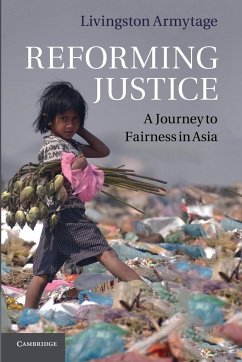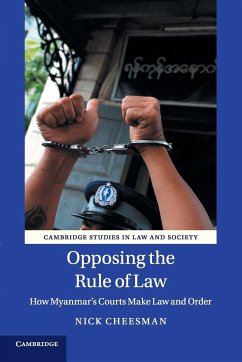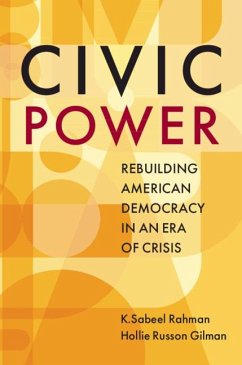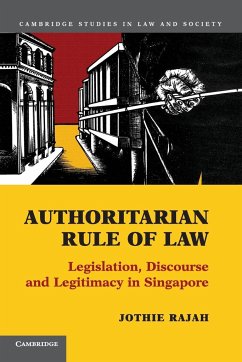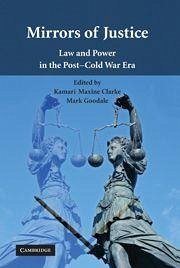
Mirrors of Justice
Law and Power in the Post-Cold War Era
Herausgeber: Clarke, Kamari Maxine; Goodale, Mark
Versandkostenfrei!
Versandfertig in 1-2 Wochen
47,99 €
inkl. MwSt.

PAYBACK Punkte
24 °P sammeln!
Mirrors of Justice is a groundbreaking study of the meanings of and possibilities for justice in the contemporary world. The book brings together a group of both prominent and emerging scholars to reconsider the relationships between justice, international law, culture, power, and history through case studies of a wide range of justice processes. The book's eighteen authors examine the ambiguities of justice in Europe, Africa, Latin America, Asia, the Middle East, and Melanesia through critical empirical and historical chapters. The introduction makes an important contribution to our understan...
Mirrors of Justice is a groundbreaking study of the meanings of and possibilities for justice in the contemporary world. The book brings together a group of both prominent and emerging scholars to reconsider the relationships between justice, international law, culture, power, and history through case studies of a wide range of justice processes. The book's eighteen authors examine the ambiguities of justice in Europe, Africa, Latin America, Asia, the Middle East, and Melanesia through critical empirical and historical chapters. The introduction makes an important contribution to our understanding of the multiplicity of justice in the twenty-first century by providing an interdisciplinary theoretical framework that synthesizes the book's chapters with leading-edge literatures on human rights, legal pluralism, and international law.







